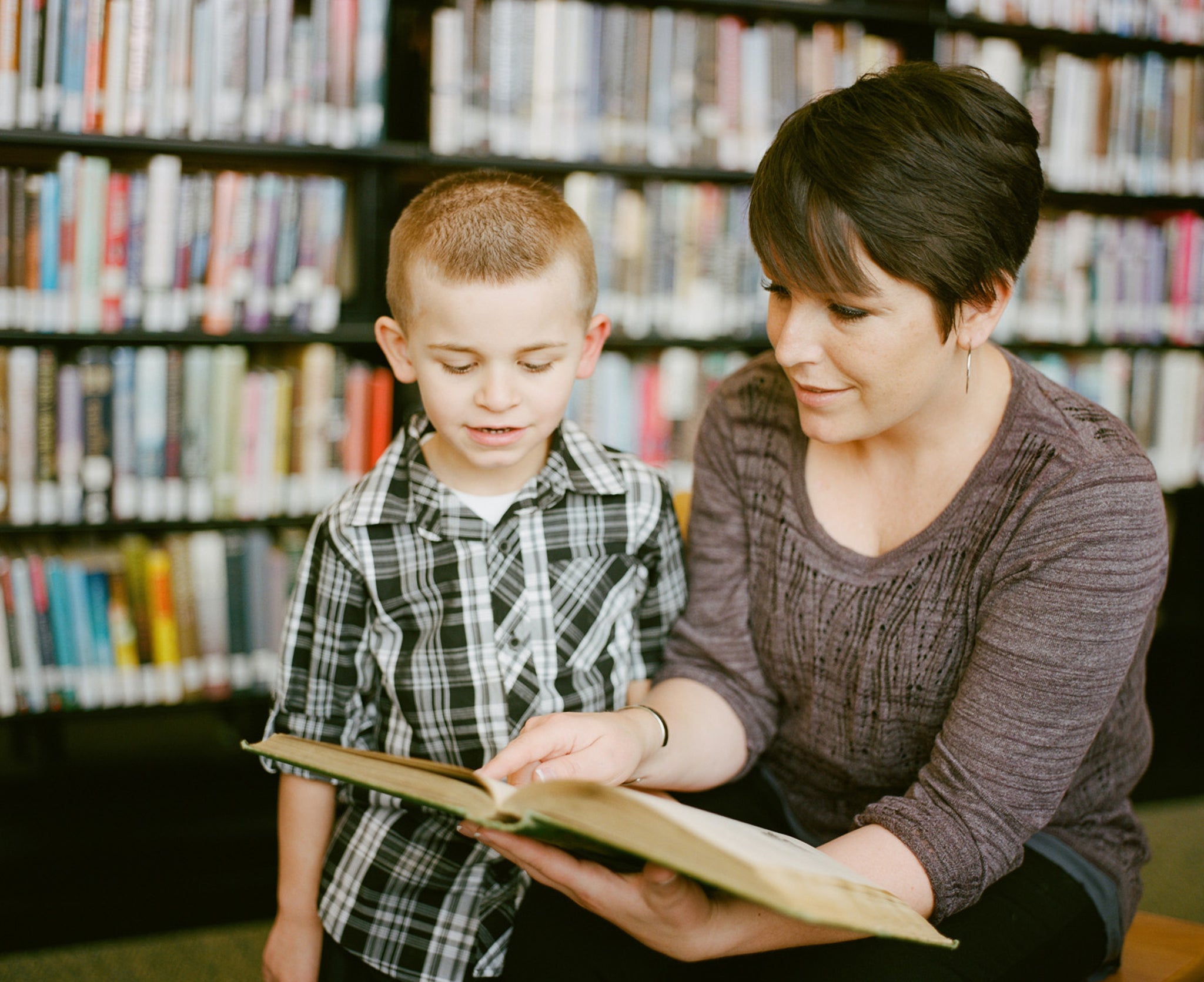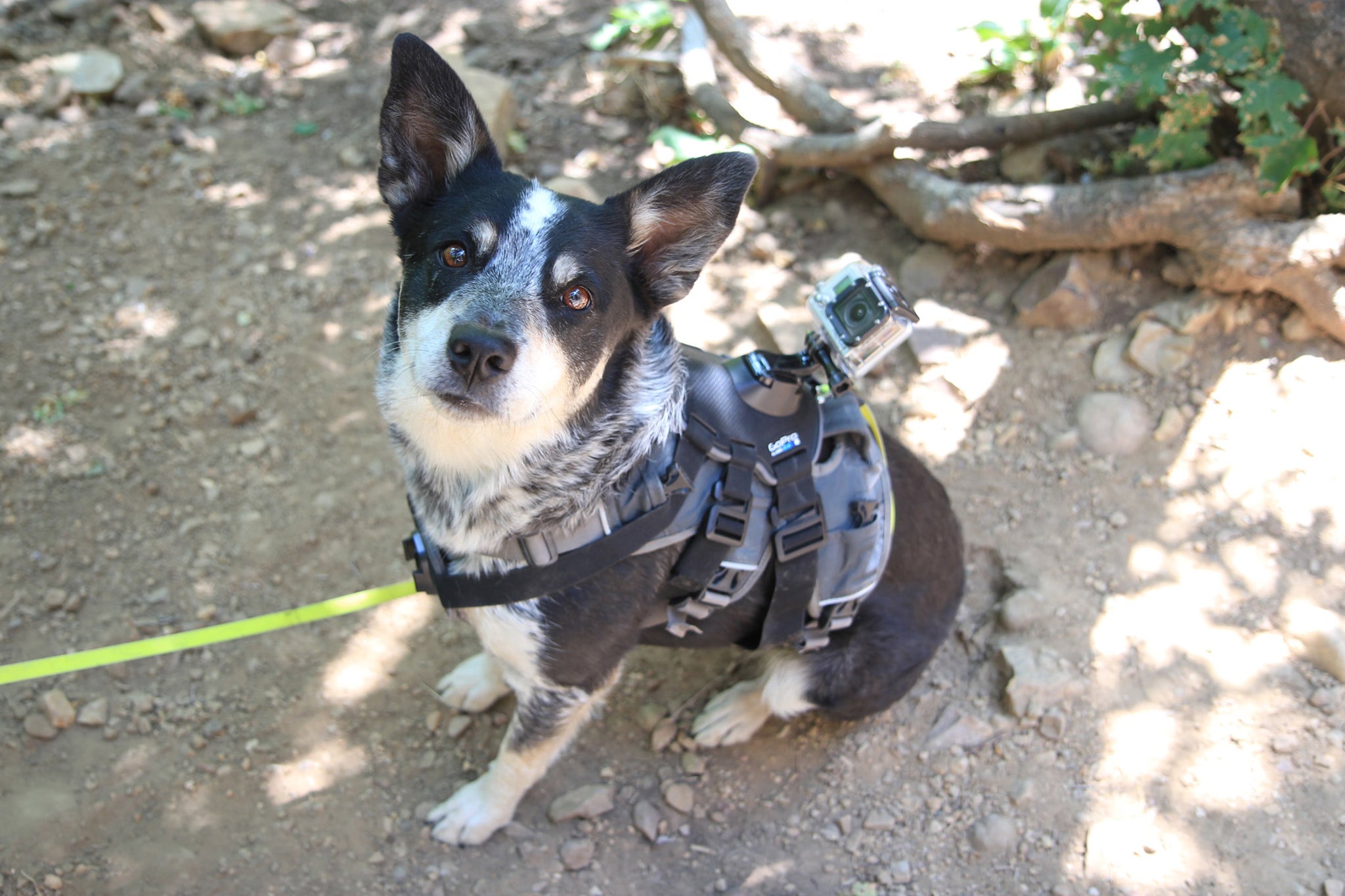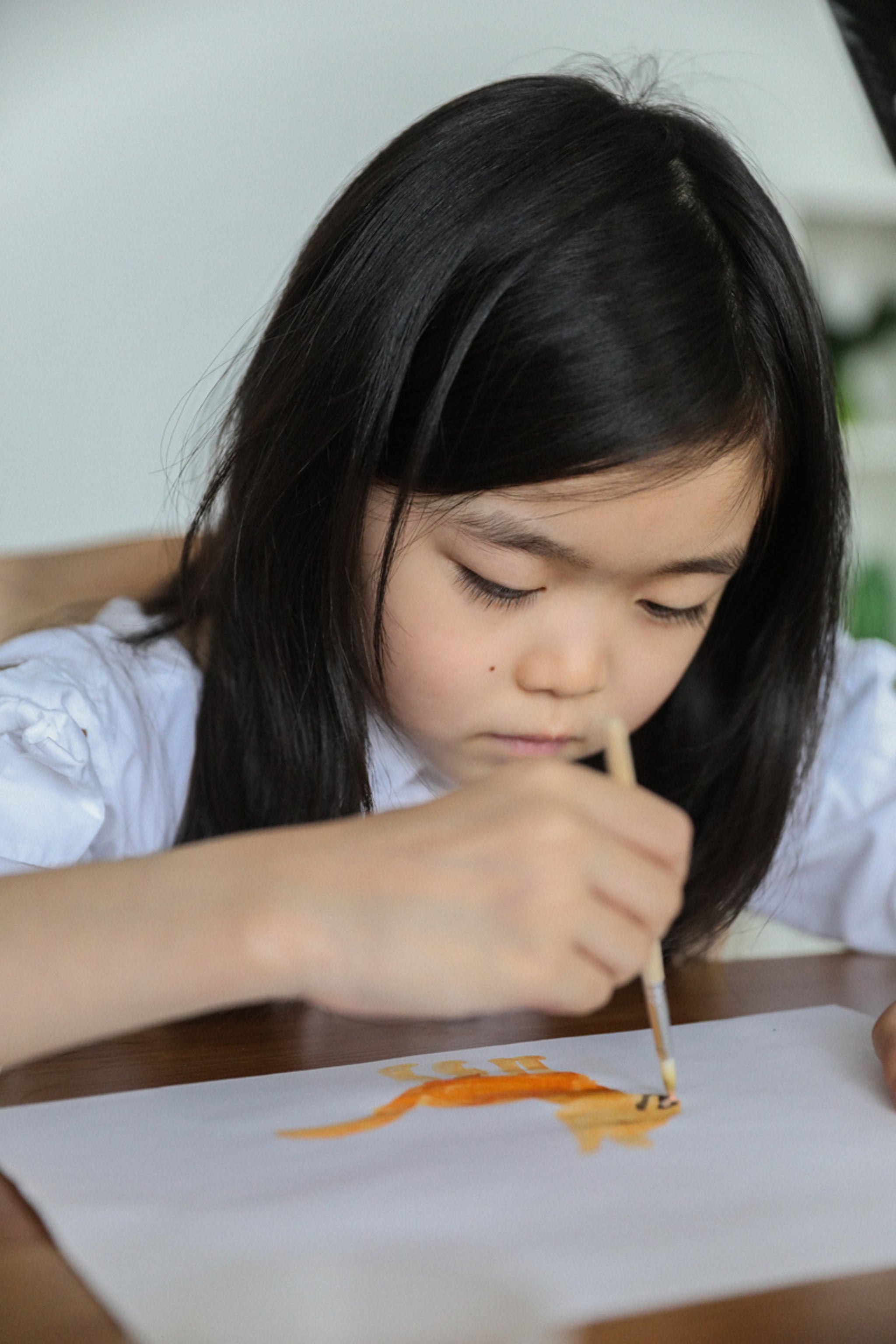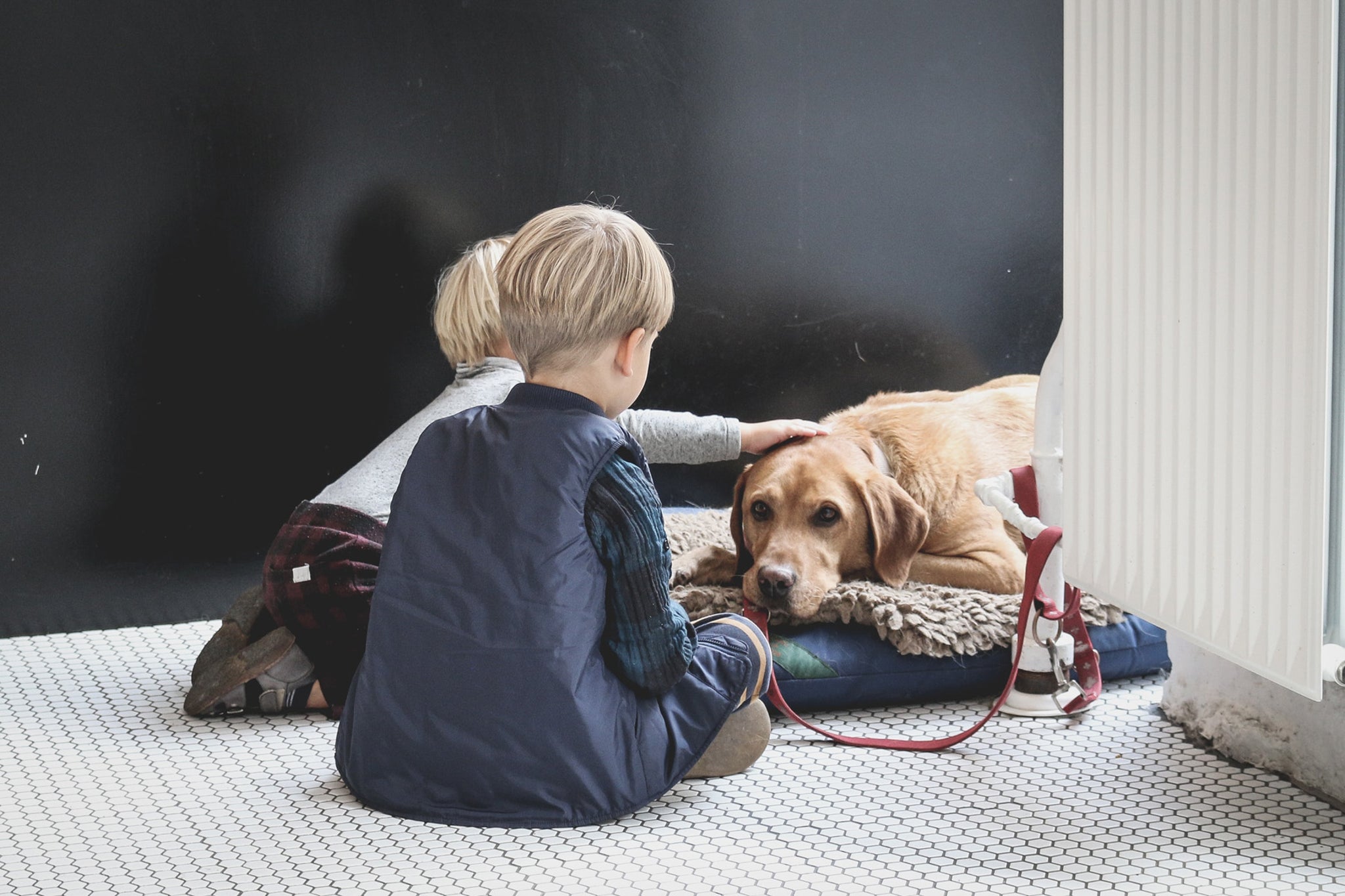Breaking the news to children about your dog’s cancer is a daunting task. You will be dealing with your own emotions and you may feel overwhelmed about choices you have for treatment. That said, many veterinarians recommend being upfront with your children from the beginning. Take some time for yourself, and then consider these methods recommended by veterinarians and doctors to help your children cope when the family dog has cancer.
Be Honest from the Beginning
While it will be difficult for you to break the news and difficult for them to hear, it is important to keep children in the loop. They probably already sense you’re upset. If your dog is showing symptoms, they may have noticed that too. Hiding information only creates stress and tension for you. Tell them as early as possible and it will be easier for the whole family moving forward.
Use Age-Appropriate Language
Cancer can be a scary word for young children. You may want to tailor your language and description of the illness to your children based on their age. Older children may want to learn more and help, but younger children need to know that this is not their fault.
Include Them in the Learning
When you receive the diagnosis, you will probably want to know all you can to help deliver the best care for your dog. Don’t be surprised if your children want to do the same. Ask your veterinarian for resources they recommend. Your local library probably has a children’s section filled with nonfiction and fiction books about dogs. Visit the library with your children and pick out a book about canine cancer. If it is written for children, it may help them understand and facilitate a conversation about the cancer.

Be Their Shoulder
Offer your children support while they deal with your dog’s illness and prepare to be surprised by their reactions. They may experience mood swings. Anger, frustration, sorrow, guilt—it's all on the table. And it’s all okay.
Don’t be afraid to show your emotions around your children. Many doctors and veterinarians agree that modeling healthy sadness and grief is a good thing. You have the ability to show that you can still function while coping, and that is beneficial for your children to see.
Involve them in Care
Your children may want to help your family dog in any way they can, just like you. Try to involve them in preparing food and playing with your dog. There are ways to engage your dog in play when they have cancer, and it may be fun for your children to teach them a new trick. Even getting the family and the dog outside for a walk or a hike can be a good experience. Allow your children to learn, just like you are, how to tailor your care to your dog’s new needs.

Consider a Grief Support Group
Many places offer support groups for specific needs, including children coping with loss. If your child is having difficulty, you may want to consider a grief group to help them process or vocalize their emotions. A support group offers them a safe space alongside peers to share emotions, and they may find other kids their age having the same feelings.
Help Them Pick Their Dog’s Favorite Toy for Treatment
Whether or not the children accompany you to the veterinarian, they can help before the appointments. Have your children pick out your pet’s favorite toy to send with them to the veterinarian. Children understand the attachment to stuffed animals and toys, so they will understand the comfort of having a toy from home in difficult situations.
Allow Space to Create
Many veterinarians recommend you allow your children to be part of saying goodbye. Before it comes to that and even after, make time for your children to be creative. You could encourage them to write a story about your pet, paint or draw a picture of them, or write a song about them. Creative exercises may help everyone process their feelings. You can focus on positive memories while you create these special keepsakes.

Above all, try your best to be patient, but forgive yourself if you fail. Everyone in the family will be struggling and expressing themselves in different ways. There may be mood swings, tears, or even refusal to talk. It is important to be honest with each other and allow space for expression.




